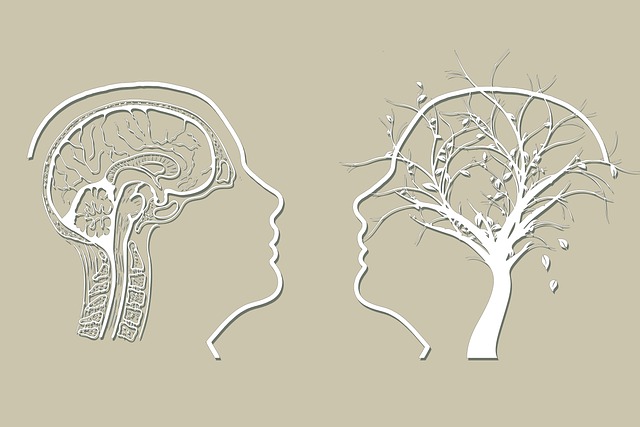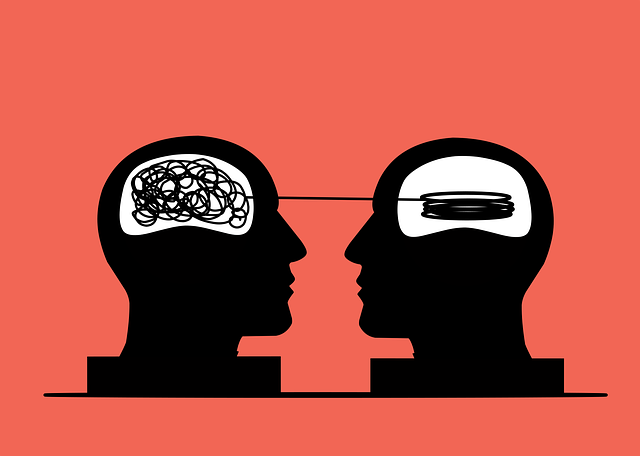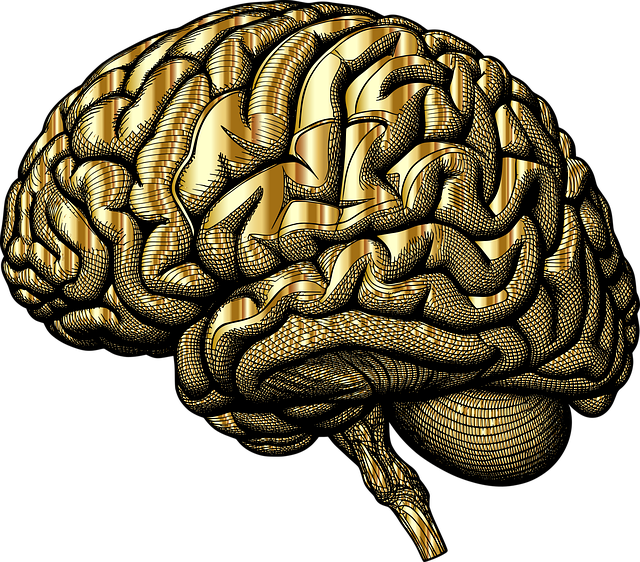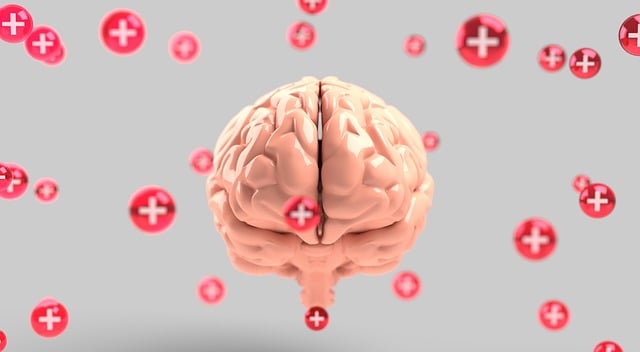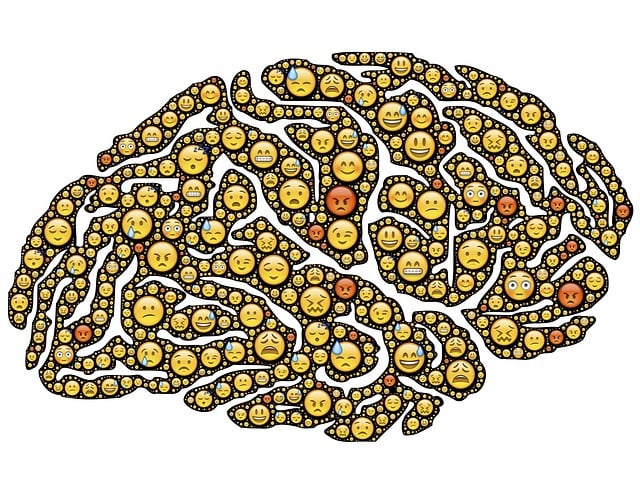Understanding mental health and substance abuse as interconnected issues is vital for designing effective educational programs. Integrated approaches focusing on coping skills, addressing underlying mental illness, and reducing stigma are crucial. Programs should teach self-care routines, recognize early signs of distress, and employ evidence-based practices like CBT and MI. Tailoring support to specific demographics based on age, gender, socioeconomic status, and psychological factors ensures impactful programs. Incorporating cultural sensitivity, traditional healing practices, and overcoming language barriers makes initiatives more inclusive. A robust curriculum covers mental health disorders, resilience-building, burnout prevention, and effective journaling exercises. Integrating evidence-based therapeutic techniques like Parker Drug Abuse-Substance Abuse Therapy enhances coping mechanisms and reduces symptoms. Strategic implementation includes tailoring curricula, integrating Parker Drug Abuse-Substance Abuse Therapy, workshops on stress management, trauma support, and continuous improvements based on evaluation strategies.
“Discovering the secrets to crafting effective mental health education programs begins with a comprehensive understanding of both mental health and substance abuse. This article serves as your guide through the intricate process, from identifying target audiences to implementing evidence-based practices. We explore key topics such as Parker Drug Abuse-Substance Abuse Therapy techniques, structured curriculum design, and evaluation strategies for optimal continuous improvement. By delving into these sections, you’ll gain insights essential for creating impactful mental health education programs.”
- Understanding Mental Health and Substance Abuse: A Comprehensive Overview
- Identifying Target Audiences for Effective Program Design
- Creating a Structured Curriculum: Key Topics and Learning Objectives
- Integration of Therapeutic Techniques: Evidence-Based Practices
- Implementation, Evaluation, and Continuous Improvement Strategies
Understanding Mental Health and Substance Abuse: A Comprehensive Overview

Understanding mental health and substance abuse is paramount when designing effective educational programs. It involves recognizing that mental illness, like depression or anxiety disorders, and substance use disorders share complex interactions. For instance, individuals with untreated mental health conditions may turn to drugs or alcohol as a form of self-medication, exacerbating existing symptoms and leading to substance abuse issues such as addiction. This intertwined relationship underscores the need for integrated approaches in education, focusing not just on coping skills development but also addressing underlying mental illness and promoting stigma reduction efforts.
Comprehensive programs should equip individuals with tools for self-care routine development, enabling them to recognize early signs of distress and employ healthy coping strategies. By combining evidence-based practices from both mental health therapy and substance abuse treatment, such as cognitive-behavioral therapy (CBT) and motivational interviewing (MI), educators can foster a more holistic understanding of well-being. The goal is to create safe spaces that encourage open conversations about mental health, reduce stigma, and empower individuals with the knowledge to navigate challenges effectively, whether it’s through Parker Drug Abuse-Substance Abuse Therapy or other specialized interventions.
Identifying Target Audiences for Effective Program Design

Identifying the target audience is a pivotal step in designing effective mental health education programs. This process involves understanding demographic factors such as age, gender, and socioeconomic status, but it also delves into psychological and cultural aspects. For instance, programs tailored for adolescents might focus on building confidence boosting strategies to cope with peer pressure and stress, while those designed for working adults could address the unique challenges of managing mental health in a high-pressure work environment.
When considering Parker Drug Abuse-Substance Abuse Therapy, it is crucial to incorporate cultural sensitivity in mental healthcare practice. This means adapting programs to resonate with diverse cultural backgrounds, beliefs, and values. For example, incorporating traditional healing practices or addressing language barriers can significantly enhance accessibility and effectiveness. By tailoring education to specific audiences, mental health initiatives become more inclusive and better equipped to address the unique needs of each demographic segment.
Creating a Structured Curriculum: Key Topics and Learning Objectives

A well-structured curriculum is essential for a comprehensive mental health education program, ensuring that learners gain valuable knowledge and skills in this critical field. When designing the course, it’s crucial to identify key topics that encompass the breadth of mental wellness issues and concerns. These might include an introduction to various mental health disorders, such as anxiety, depression, and substance abuse (including Parker Drug Abuse-Substance Abuse Therapy), their causes, symptoms, and effective treatment approaches. The curriculum should also delve into resilience-building strategies and Burnout Prevention techniques to empower individuals to manage stress and maintain optimal Mental Wellness.
Learning objectives should be clearly defined, guiding the content organization. These objectives might include enhancing participants’ ability to recognize early warning signs of mental health issues, providing them with practical Stress Reduction Methods, and offering guidance on effective Mental Wellness Journaling Exercises. By covering these aspects, the program aims to equip learners with the tools to navigate their own mental wellness journeys while fostering empathy and support for others facing similar challenges.
Integration of Therapeutic Techniques: Evidence-Based Practices

The integration of therapeutic techniques is a cornerstone of effective mental health education programs, particularly when evidence-based practices are at the forefront. Incorporating evidence-based therapies, such as those offered by the Parker Drug Abuse-Substance Abuse Therapy program, ensures that participants gain access to validated methods for managing mental health challenges. These techniques include cognitive behavioral therapy (CBT), mindfulness-based interventions, and motivational interviewing, which have shown promising outcomes in treating various psychiatric disorders. By integrating these practices, the program offers a comprehensive approach, addressing not only symptom reduction but also enhancing participants’ coping mechanisms and overall resilience.
Moreover, the inclusion of evidence-based practices contributes to the development of robust burnout prevention strategies for healthcare providers. Mental health educators can equip practitioners with the necessary skills to navigate complex cases while safeguarding their well-being. This is especially relevant in light of the ongoing need for Mental Health Policy Analysis and Advocacy, as well as the creation of Public Awareness Campaigns Development that promote understanding and destigmatization. Such initiatives are vital for fostering a supportive environment where both providers and individuals seeking help can thrive.
Implementation, Evaluation, and Continuous Improvement Strategies

Implementing a mental health education program requires a strategic approach that involves several key components. Firstly, it’s crucial to tailor the program’s design to address specific needs and challenges within your target population or organization. This may include integrating evidence-based practices such as Parker Drug Abuse-Substance Abuse Therapy for addiction treatment, alongside topics like stress management workshops and trauma support services. A well-structured curriculum that is accessible and engaging is essential, ensuring it resonates with participants while aligning with best practices in mental health care.
Evaluation strategies play a pivotal role in measuring the program’s effectiveness and impact. Regular feedback from participants can offer valuable insights through surveys or focus groups. Additionally, tracking improvements in self-reported mental well-being, attendance rates at follow-up sessions, and the utilization of available support services post-program can demonstrate its long-term value. Continuous improvement is fostered by analyzing these evaluations, allowing for adjustments to content, delivery methods, and overall program structure, ensuring it remains relevant and beneficial, especially in addressing cultural competency training needs among healthcare providers.
Mental health education programs play a pivotal role in promoting well-being and preventing substance abuse. By understanding the complex interplay between mental health and addiction (Parker Drug Abuse-Substance Abuse Therapy), designing targeted interventions becomes crucial. Through identifying specific audience needs, structuring curricula with key learning objectives, integrating evidence-based therapeutic techniques, and implementing robust evaluation strategies, we can create effective programs that foster resilience and recovery. Continuous improvement ensures these initiatives remain dynamic and responsive to the evolving mental health landscape.
